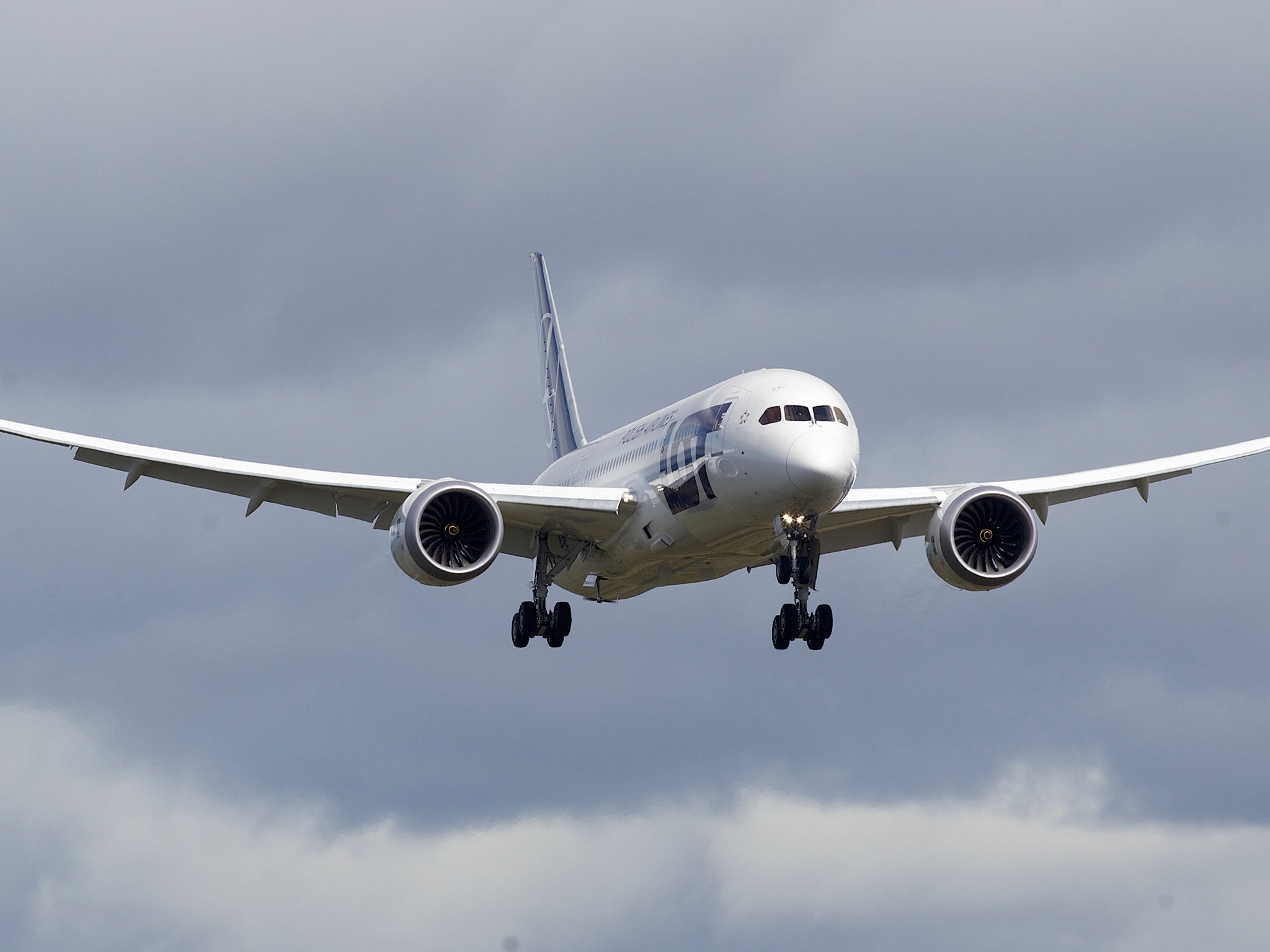Boeing 787 in trouble again after emergency Polish Airlines diversion
Air Berlin cancels $5bn order for 15 787s

As yet another flight involving a Boeing 787 diverts, a $5bn order for the "Dreamliner" has been cancelled - and questions are being asked about the reliability of the trouble-prone plane.
Polish Airlines Flight 4 from Chicago to Warsaw was nearing its destination when a system malfunction triggered a fire warning. The jet, with 260 people on board, diverted to Glasgow. Passengers disembarked normally, but the aircraft was grounded. Its next planned operation, another flight from Warsaw to Chicago and back, was cancelled.
False alarms about on-board fire are not uncommon on passenger aircraft, but airlines and pilots operating the 787 may be particularly sensitive given the short but unfortunate history of the plane. The entire fleet of the jets was grounded last year for three months after unexplained fires in the on-board lithium ion batteries.
The Polish Airlines incident happened a day after the Japan Transport Safety Board released its full report on the in-flight emergency aboard an All-Nippon Airways 787 on a domestic flight in Japan last year. The jet, with 137 people on board, made an emergency landing after a battery failed and smoke was detected on board. Investigators could not identify the cause for sure, but the report says the safety evaluation for the radical new lithium ion batteries was flawed. The risk of thermal runaway was estimated to be less than one out of 10 million flight hours.
The report says: "In reality three events of cell heat generation have occurred in less than 250,000 flight hours, resulting in the rate far exceeding the estimate.”
A few hours after the Polish Airlines diversion, Germany’s leading low-cost carrier, Air Berlin, cancelled a $5bn order for 15 Boeing 787s.
Earlier this week an Air India crew was at the Boeing factory in Charleston, West Virginia, to pick up a new 787 - but the aircraft failed a pre-delivery test flight when an engine cracked.
The manufacturer has countered criticism of the Dreamliner by saying: “The 787 is an outstanding airplane delivering value to our customers, but we have also talked candidly in public about its challenging development process.”
Join our commenting forum
Join thought-provoking conversations, follow other Independent readers and see their replies
Comments
Bookmark popover
Removed from bookmarks